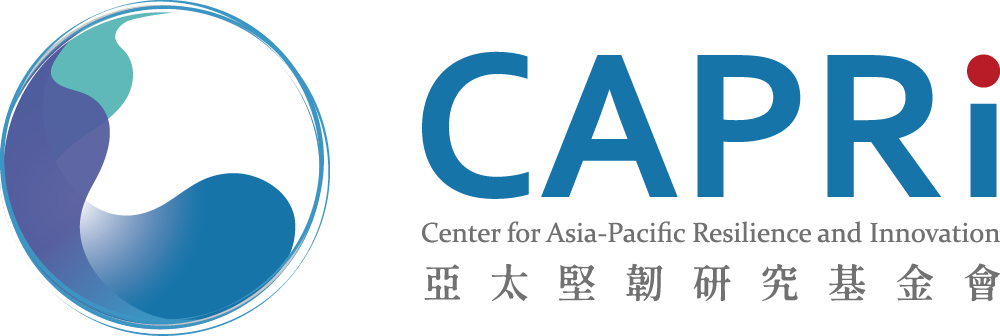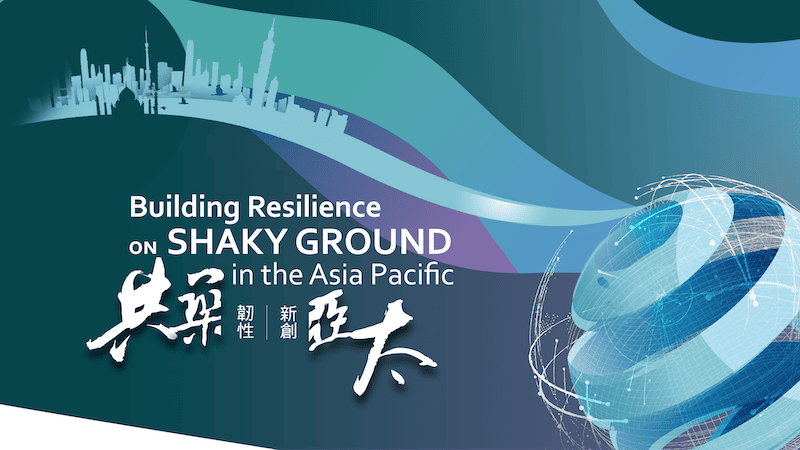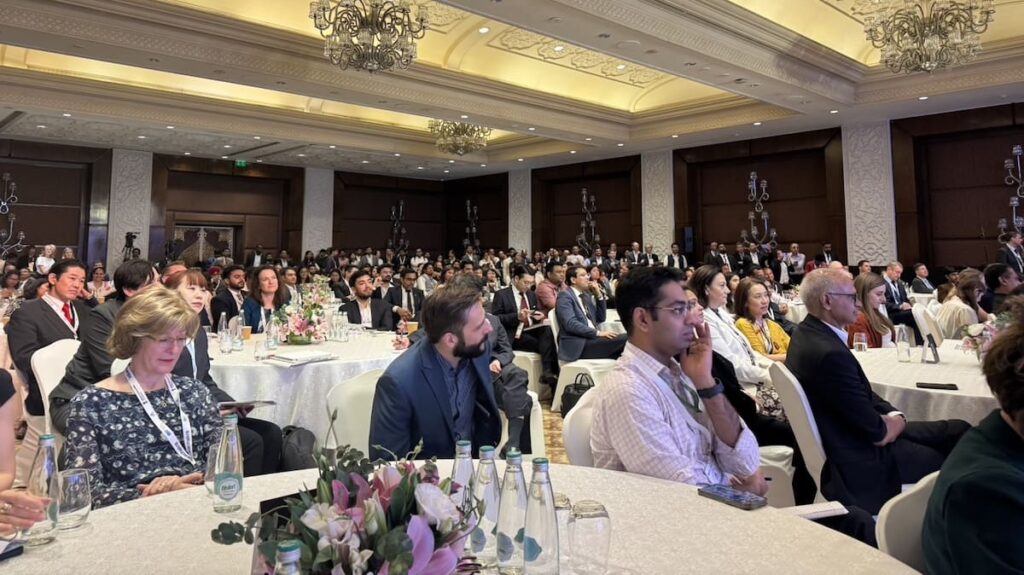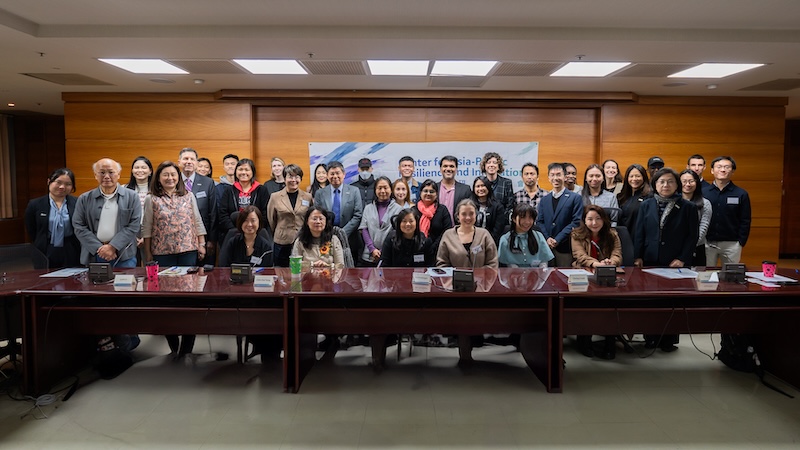亞太堅韌研究基金會很榮幸參加5月25日在達沃斯世界經濟論壇舉辦的「合作共建有韌性和永續的公衛系統」會議。
當前的國際危機凸顯了COVID-19帶來的公衛系統挑戰與不平等問題。儘管全球許多國家正在解除防疫限制,但持續變化的地緣政治環境及新的感染浪潮意味著,與過去任何時候相比,現在更需要吸取危機中的經驗教訓。為了因應相關全球事務,需要強化公私部門的合作,以確保公衛系統兼具韌性及永續性,並能在未來幾個月及幾年內應對衝擊。那麼,在新常態下,兼具韌性及永續的未來醫療系統將呈現什麼樣的面貌?
此次活動由 Partnership for Health System Sustainability and Resilience 與阿斯特捷利康製藥(AstraZeneca)、飛利浦、KPMG醫療、世界經濟論壇及倫敦政經學院(LSE)共同主辦。亞堅會創辦人林夏如教授將與全球疫苗免疫聯盟(Gavi)董事會主席José Manuel Barroso教授、世界衛生組織(WHO)基金會策略長Emanuele Capobianco博士、飛利浦執行長Frans van Houten、阿斯特捷利康製藥董事長Leif Johansson,以及KPMG國際醫療全球主管Anna van Poucke博士共同參與討論。
The event began with a fireside chat between Professor Barroso and Dr. Van Poucke. Professor Barroso shared his views on the mixed responses to the COVID-19 pandemic globally and how geopolitical tension has severely impacted international cooperation. Looking to the next steps for strengthening global health sustainability and resilience, Prof. Barroso called for more investment and transparency in health systems and prioritizing health agendas at all levels of government and across sectors.
In the second part of the panel moderated by Dr. Van Poucke, Professor Lin shared the major lessons the Asia Pacific has learned during the COVID-19 pandemic. In Taiwan, for instance, strong trust within society combined with nonpharmaceutical interventions powered by technologies managed to safeguard people’s health while keeping Taiwan’s economic engine running. Policies of balancing public health, economic recovery, and environmental sustainability with the strength of innovation have made the region stand out. As Professor Lin stated, this is how the Asia Pacific contributes to global resilience and why CAPRI was established in Taiwan to engage in global public policy discourse through Asia-Pacific perspectives.
Following Professor Lin’s reflections on the role of the Asia Pacific in global supply chains, Frans van Houten offered his insights on the challenges in pandemic preparedness from the private sector perspective. To Mr. Van Houten, long-term planning, public–private partnership, and a multilateral commitment to open supply chains are key to ensuring global resilience in public health crises. To this end, PHSSR was founded to enhance public health across different countries and sectors.
On investment in health systems worldwide, Leif Johansson noted the insufficient investment in preventive health care and the fragmentation of policies regarding health care delivery across different regions. Echoing Mr. Van Houten’s view, Mr. Johansson called for a shared international framework to evaluate and improve national health systems and policy practices, especially for enhancing preventive health care delivery with AI technology.
Dr. Emanuele Capobianco shared the view from the WHO Foundation regarding the need for political accountability and adequate forward investment to increase pandemic preparedness. Mr. Capobianco further emphasized the importance of multilateral cooperation in public health governance, delivery, and financing, and he called for an international health treaty to help global society fight ongoing and future public health threats.
The speakers also discussed the digitalization of health care, including the potential of remote health care, the importance of public–private partnerships in fostering this trend, and the need for institutionalized international cooperation in delivery. Professor Lin also pointed out the digital divide across the Asia-Pacific region and the desire for the region to cooperate with other parts of the world to pursue sustainable, healthy growth globally.
Dr. Van Poucke then delivered a statement on behalf of PHSSR on strengthening health system sustainability and resilience. Professor Barroso concluded the panel by calling for all stakeholders to prioritize investment in public health, collaborate in a transparent manner, and innovate to improve population health, in turn benefiting economic growth today and in the future.



